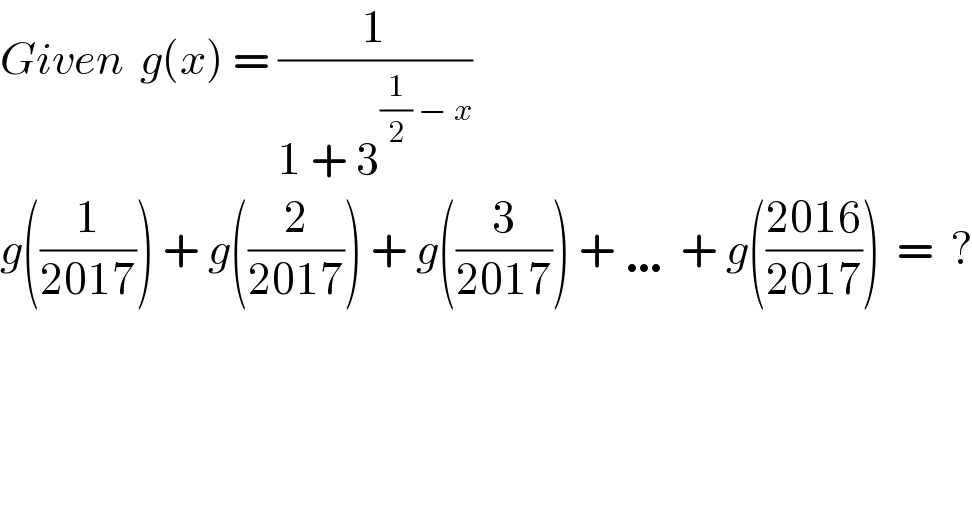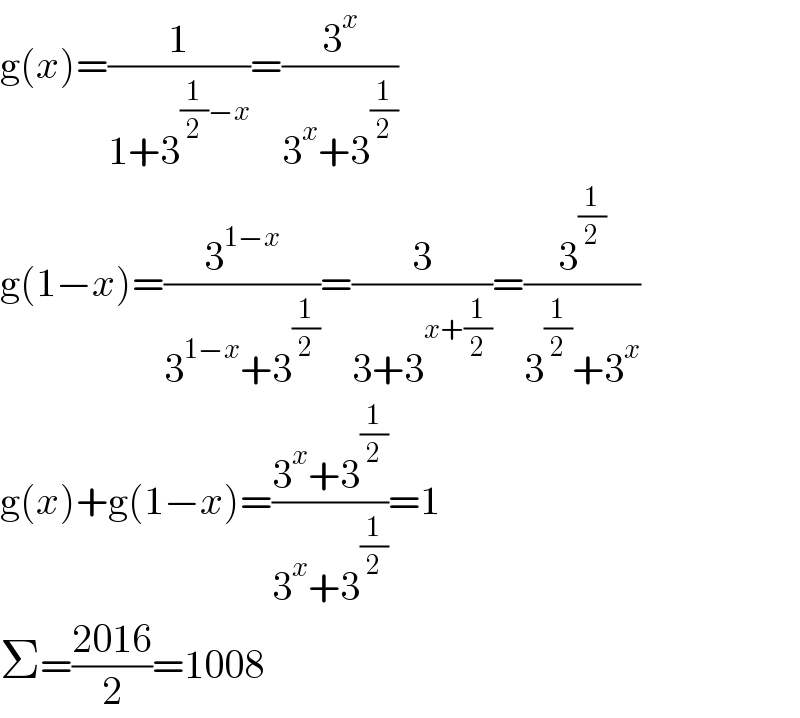
Question and Answers Forum
Question Number 157611 by naka3546 last updated on 25/Oct/21

Answered by Ar Brandon last updated on 25/Oct/21

Commented by naka3546 last updated on 25/Oct/21

| ||
Question and Answers Forum | ||
Question Number 157611 by naka3546 last updated on 25/Oct/21 | ||
 | ||
Answered by Ar Brandon last updated on 25/Oct/21 | ||
 | ||
| ||
Commented by naka3546 last updated on 25/Oct/21 | ||
 | ||